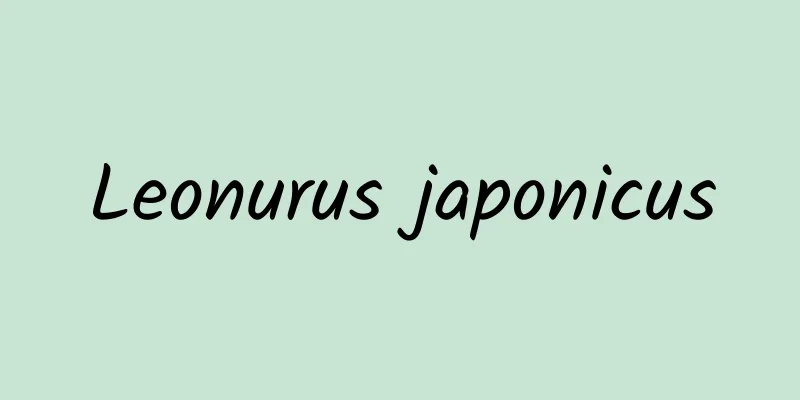Thyroid inflammation

|
Thyroiditis is a common disease. Thyroiditis is caused by the invasion of bacteria, viruses, etc. into the human body, which causes enlargement and nodular changes of the thyroid gland. It is medically called thyroiditis. Depending on the slowness of onset, it can be divided into three types: acute, subacute, and chronic. Acute thyroiditis is caused by bacterial infection, and symptoms include redness and swelling of the thyroid gland, fever, headache, and sometimes high fever and hoarseness. In addition to seeking timely hospital treatment, patients with thyroiditis also need to adjust their diet. They can eat more nutritious foods to increase their mineral supply, especially potassium, calcium, and phosphorus, and eat more liver, animal offal, and fresh green leafy vegetables.Symptoms of thyroiditis 1. The size of subacute thyroiditis nodules depends on the extent of the lesions, and the texture is often hard. There is a typical medical history, including an acute onset, fever, sore throat, and significant pain and tenderness in the thyroid area. In the acute phase, the thyroid gland's iodine-131 uptake rate decreases, and imaging often shows "cold nodules". Serum T3 and T4 increase, showing a "separation" phenomenon, which is helpful for diagnosis. 2. Chronic lymphocytic thyroiditis is a symmetrical diffuse goiter without nodules; sometimes due to asymmetric swelling and lobed surface, it may resemble a nodule, be hard as rubber, and not tender. The disease has a slow onset and a chronic development process, but it can occur simultaneously with thyroid cancer. It is difficult to distinguish clinically and requires attention. Antithyroglobulin and microsomal antibody titers are often elevated. Thyroid fine needle aspiration cytology can aid in the diagnosis. The nodules of aggressive fibrous thyroiditis are hard and adherent to the adjacent tissues outside the gland. The onset and development process are slow, and there may be local dull pain and tenderness accompanied by obvious compression symptoms. Traditional Chinese medicine has many unique features in the treatment of thyroiditis. Many people think that Chinese medicine practitioners are slow doctors, but in fact, Chinese medicine is more effective in treating many acute diseases. Chinese medicine believes that thyroiditis is caused by stagnation of liver qi. The treatment of thyroiditis is recorded in ancient Chinese books. Patients with thyroiditis can use Chinese medicine prescriptions with significant results. |
>>: A good way to detox and treat acne
Recommend
Why does my hand hurt?
Our hands are one of the important organs that ma...
What are the TCM treatments for insomnia?
There are many ways to treat insomnia now, such a...
Traditional Chinese medicine for removing dampness requires internal and external coordination
The reason why we say that we need to harmonize i...
What are the symptoms of a broken lower arm?
Arm pain is a manifestation of pain in the lower ...
Is scar tissue hereditary?
Scar constitution is a relatively special constit...
Why false labor?
We all know that when a woman is about to give bi...
Will the fetus turn black if pregnant women drink tea?
During pregnancy, every move of the pregnant woma...
How to treat sand dermatitis
There are many situations in which skin problems ...
What to do with itchy scalp? Give your scalp a spa treatment
Some people in life will experience symptoms of i...
What should women do if they don't have water during sex?
When a woman has no fluid during sex, it mainly r...
A small amount of bleeding after each intercourse
Normal married life is good for the health of bot...
How to relieve stomach pain after eating seafood?
Many friends like to eat seafood very much, but b...
What are the symptoms of being possessed by evil spirits?
In many rural areas, there are still many people ...
Effects of Datura fruit wine
Datura, also known as the red spider lily, is an ...
What are the dangers and symptoms of pelvic effusion?
Pelvic effusion is pelvic accumulation of water, ...









